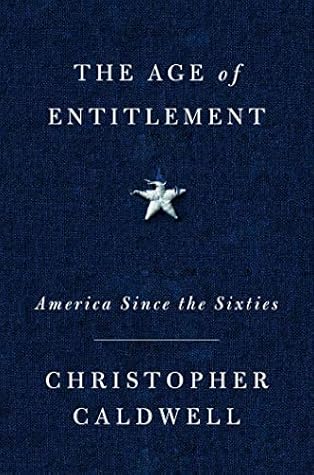The danger that such incentives would draw the rich into a political role incompatible with democracy had long been understood. The Massachusetts chief justice Horace Gray addressed it squarely in the middle of the nineteenth century in Jackson v. Phillips, arguing that trusts aimed at changing laws are something other than charities. Gray held that a charity could fight slavery—“a bondage which [Massachusetts] law regards as contrary to natural right, humanity, justice, and sound policy.” But fighting for female suffrage involved changing the constitution. Those who did so were therefore not
...more
Welcome back. Just a moment while we sign you in to your Goodreads account.


